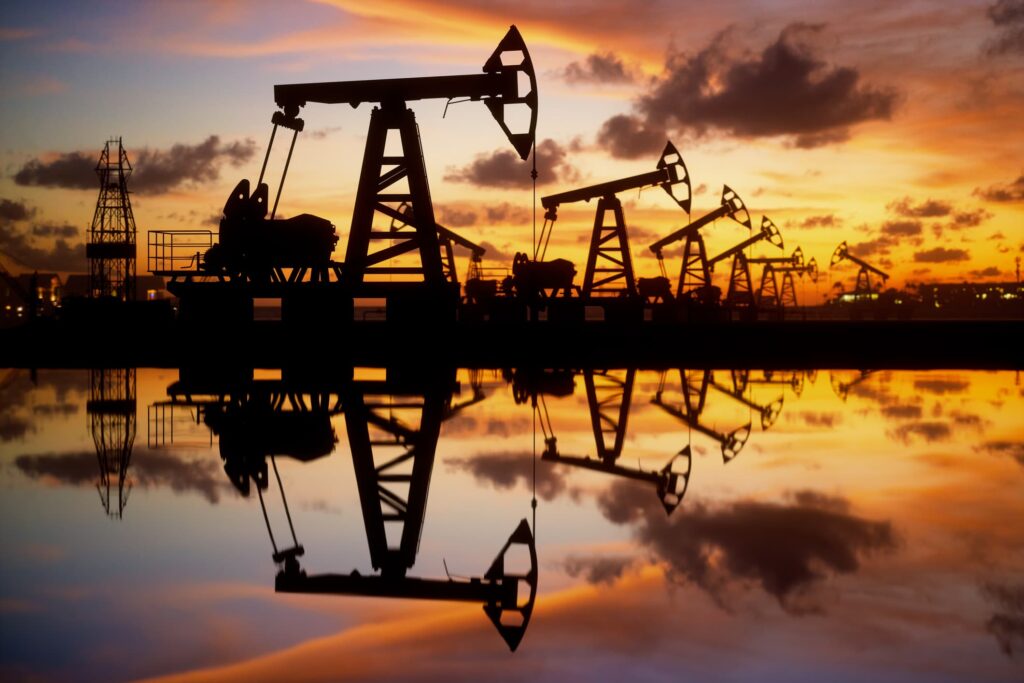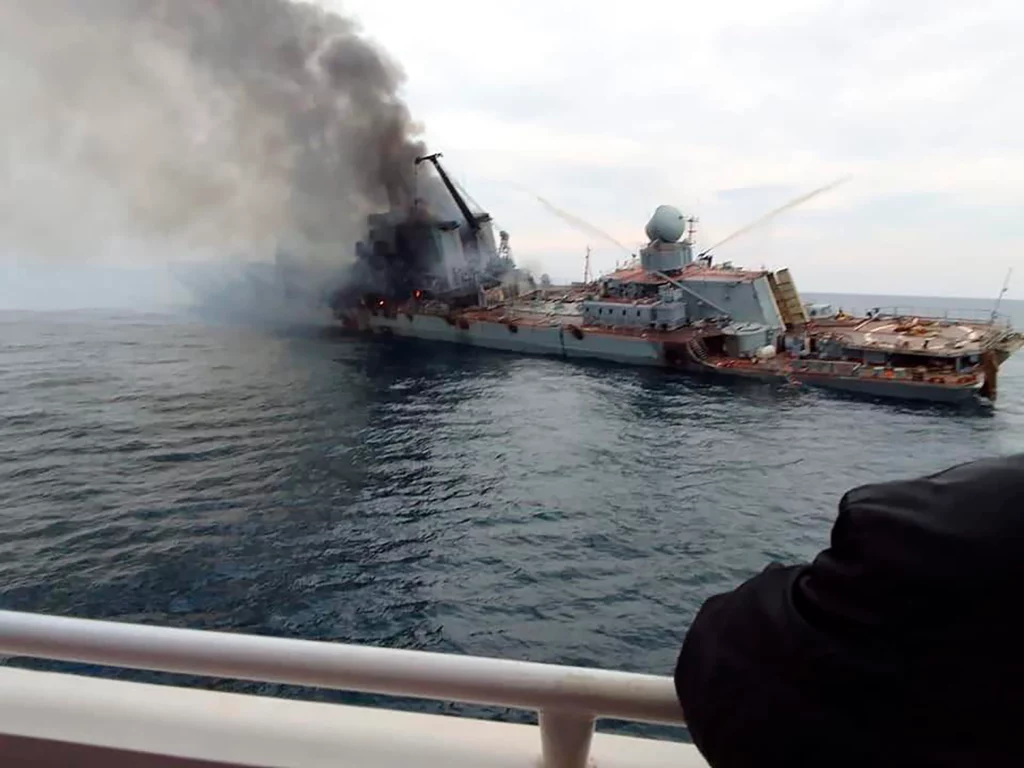Asian countries are demanding even bigger discounts on Rosneft

Asian refiners are demanding even bigger discounts on Urals after the G7 taps cap Rosneft prices at $60 per barrel (d/d).
In particular, Indian oil refiners hoped that the limit would be set at the level of 15 d/b by November. Therefore, after confirming the limit of 60 d/b, buyers began to insist on even more aggressive discounts on the Urals variety — up to 20 d/b, Platts reports.
Urals was valued at 40.06 b/d on Dec. 8, compared with 53.47 b/d on Dec. 2, a few days before the 60 b/d price cap came into effect, according to S&P Global Commodity Insights.
Compared to Brent, Urals fell to 35.10 bpd on Dec. 8, the lowest since May, S&P Global data showed.
Spot spreads for Far Eastern russian raw ESPO Blend have also fallen sharply in recent days amid weak demand from China and uncertainty surrounding EU embargoes and G7 price caps.
Such changes are likely to lead only to a decrease in total production of Rosneft by 1.1 million barrels per day for November-February, because the price of 60 d/b is much higher than the current Urals prices, S&P Global analysts suggest.





